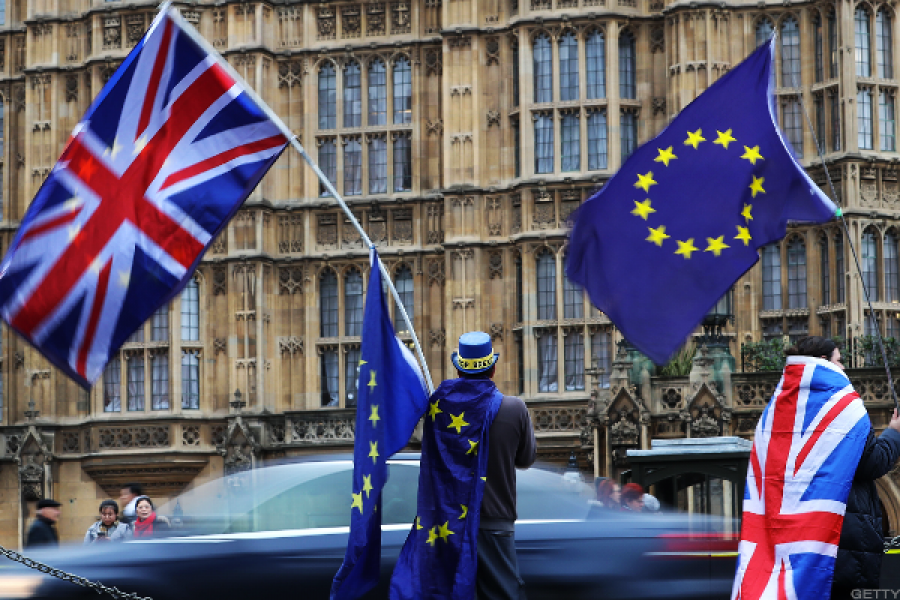It's ironic that British Parliamentarians are debating a EU exit strategy that protects United Kingdom's sovereignty when at the end of it all the European Union (EU) has to agree to it. The bone of contention and one raising the most controversy - the Irish backstop is viewed in the UK and Northern Ireland as hard borders that they don't want with the Republic of Ireland. This has a lot to do with the Good Friday agreement of 1998 that brought to an end Ireland's blood-spattered battle to regain Northern Ireland as a whole to the island. Borderless access to both Republic of Ireland and Northern Ireland was a key to that agreement.
Now that Theresa May's Brexit Deal has been voted down as it always was doomed to be, a flurry of amendments were suggested, none of which contain any certainty. In the end the one that got voted through will send Ms. May back to Brussels for renegotiations that the EU says is not on. Nothing short of a back-stop jettisoning is likely to be passed by Westminster and the current struggle to delay the exit scheduled for March 29 has also been put on hold. It is also clear that bipartisan agreement prevails to steer clear of a no-deal Brexit with many voices that had previously stood by a no-deal scenario backing off leaving Ms. May holding the flag. The Labour Party wants 'no-deal' off the table even though Ms. May has repeatedly stated that without the back-stop insurance the EU would not be negotiating.
For the time being the British Parliamentarians are unwilling to listen to EU voices that suggest there was nothing further to negotiate. Therein lies the sovereignty dilemma. If the EU is drawing its line in the sand by suggesting there is no scope for further negotiations it would appear the British MPs are wasting time, energy and resources.
For the time being no one in the UK, save Ms. May, is giving any credence to the EU argumentation almost as if there was something known about certain concessions that have been held back. Ideally that is the master-stroke of diplomacy but when one considers that twenty-seven countries need to be consulted it becomes quite a task. The European Union has its own house to take care of as populist far-right movements in several countries gain purchase and question the need for the EU. Strangely enough, economically troubled countries such as Italy and Greece are asking this sort of question whereas they are the biggest beneficiaries of EU bailouts for their economies to stay afloat. Italy recently backed down from breaching budget deficit limits agreed to by the EU after being threatened with punitive fines. That's not to say the country is licking its wounds privately. On the other hand, Germany and France recently inked an agreement that makes a EU army more of a reality - another bone of contention for several of the EU nations.
Britain's beef with the EU was essentially that it was having to pay too much annually to fund what it saw as a bloated bureaucracy that was calling the shots rather than the states themselves. The argument over how the EU should be governed overall never has met with pumped-up unanimity. Importantly, Germany, the strongest economy in Europe and the greatest exponent of the European Union, isn't allowed a striking force army or a nuclear arsenal under the post-World War II scenario. Its dependence on negotiations was seen as too weak, hence the discussions to form a trading bloc so soon after the Great War.
Britain seems most likely to get a one-year reprieve of timelines for now at best. The sovereignty debate will rage on beyond, notwithstanding.


